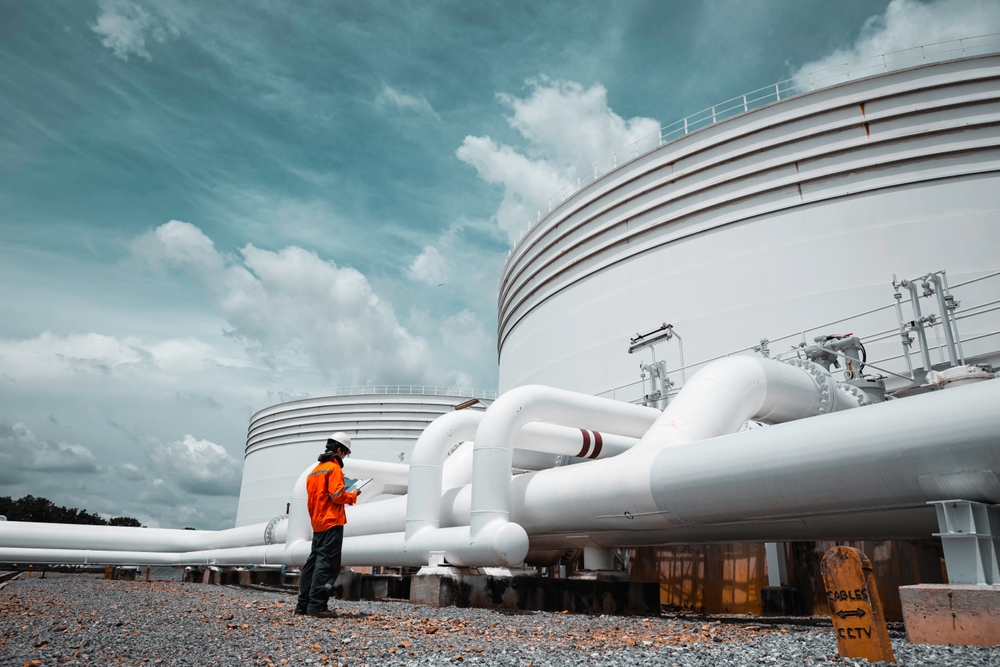
.jpg)
This course focuses on the design, analysis, and management of the integrity of oil and gas wells, namely the structural integrity and safety of the wells throughout its active life cycle. Such improvements will see participants mastering the design, surveillance, and risk management of wells in order to avert failure, allow safe exploitation of the wells as well as maximize optimization of the wells’ efficiency.
| City | Start Date | End Date | Fees | Register | Enquire | Download |
|---|---|---|---|---|---|---|
| Geneva | 23-06-2025 | 27-06-2025 | 5600 $ | Register | Enquire | |
| London | 30-06-2025 | 04-07-2025 | 6200 $ | Register | Enquire | |
| Casablanca | 07-07-2025 | 11-07-2025 | 4950 $ | Register | Enquire | |
| Amsterdam | 14-07-2025 | 18-07-2025 | 6200 $ | Register | Enquire | |
| Cairo | 21-07-2025 | 25-07-2025 | 3950 $ | Register | Enquire | |
| Dubai | 04-08-2025 | 08-08-2025 | 4300 $ | Register | Enquire | |
| Cairo | 11-08-2025 | 15-08-2025 | 3950 $ | Register | Enquire | |
| London | 18-08-2025 | 22-08-2025 | 6200 $ | Register | Enquire | |
| Paris | 25-08-2025 | 29-08-2025 | 6200 $ | Register | Enquire | |
| Cairo | 01-09-2025 | 05-09-2025 | 3950 $ | Register | Enquire | |
| Vienna | 08-09-2025 | 12-09-2025 | 6200 $ | Register | Enquire | |
| London | 15-09-2025 | 19-09-2025 | 6200 $ | Register | Enquire | |
| Sharm El Sheikh | 29-09-2025 | 03-10-2025 | 3950 $ | Register | Enquire | |
| Krakow | 06-10-2025 | 10-10-2025 | 6200 $ | Register | Enquire | |
| Madrid | 13-10-2025 | 17-10-2025 | 6200 $ | Register | Enquire | |
| Dubai | 20-10-2025 | 24-10-2025 | 4300 $ | Register | Enquire | |
| London | 27-10-2025 | 31-10-2025 | 6200 $ | Register | Enquire | |
| Dubai | 03-11-2025 | 07-11-2025 | 4300 $ | Register | Enquire | |
| Manama | 10-11-2025 | 14-11-2025 | 4400 $ | Register | Enquire | |
| Cairo | 17-11-2025 | 21-11-2025 | 3950 $ | Register | Enquire | |
| London | 24-11-2025 | 28-11-2025 | 6200 $ | Register | Enquire | |
| London | 01-12-2025 | 05-12-2025 | 6200 $ | Register | Enquire | |
| Manama | 15-12-2025 | 19-12-2025 | 4400 $ | Register | Enquire | |
| Amsterdam | 22-12-2025 | 26-12-2025 | 6200 $ | Register | Enquire | |
| Madrid | 29-12-2025 | 02-01-2026 | 6200 $ | Register | Enquire |
The Oil and Gas Well Integrity Design, Analysis, and Management training course in directional drilling focuses on all aspects related to drilling a directional well. Participants will learn about wellbore positioning, perform survey calculations, and familiarize themselves with various survey tools and measurements. Understanding survey quality and reservoir target sizing is essential for determining the optimum position for placing the well within the reservoir. This training will also enable participants to improve their current practices in directional drilling due to the rapid development of new techniques.
Directional wells require thorough planning. In this course, participants will explore the parameters and engineering solutions involved in constructing directional wells, from planning through to Bottom Hole Assembly design, including hydraulics and torque and drag parameters, water, and casing usage. The final part focuses on the execution stage, delivering instruction on drilling directional wells using steerable motors and Rotary Steerable Systems (RSS) for precise positioning in the best part of the reservoir.
By the end of the Oil and Gas Well Integrity Design, Analysis, and Management course, participants will be able to:
Unit 1: Well Barriers and Their Principles:
Unit 2: Well Design Integrity:
Unit 3: Well Barrier Verification and Preventative Well Control:
Unit 4: Well Integrity Management Systems (WIMS):
Unit 5: Well Integrity Monitoring and Maintenance:
The Oil and Gas Well Integrity Design, Analysis, and Management course addresses critical areas such as oil and gas well design, well analysis, and provides tools and knowledge to ensure the highest standards of oil and gas well integrity.

.jpg)
.jpg)
.jpg)















